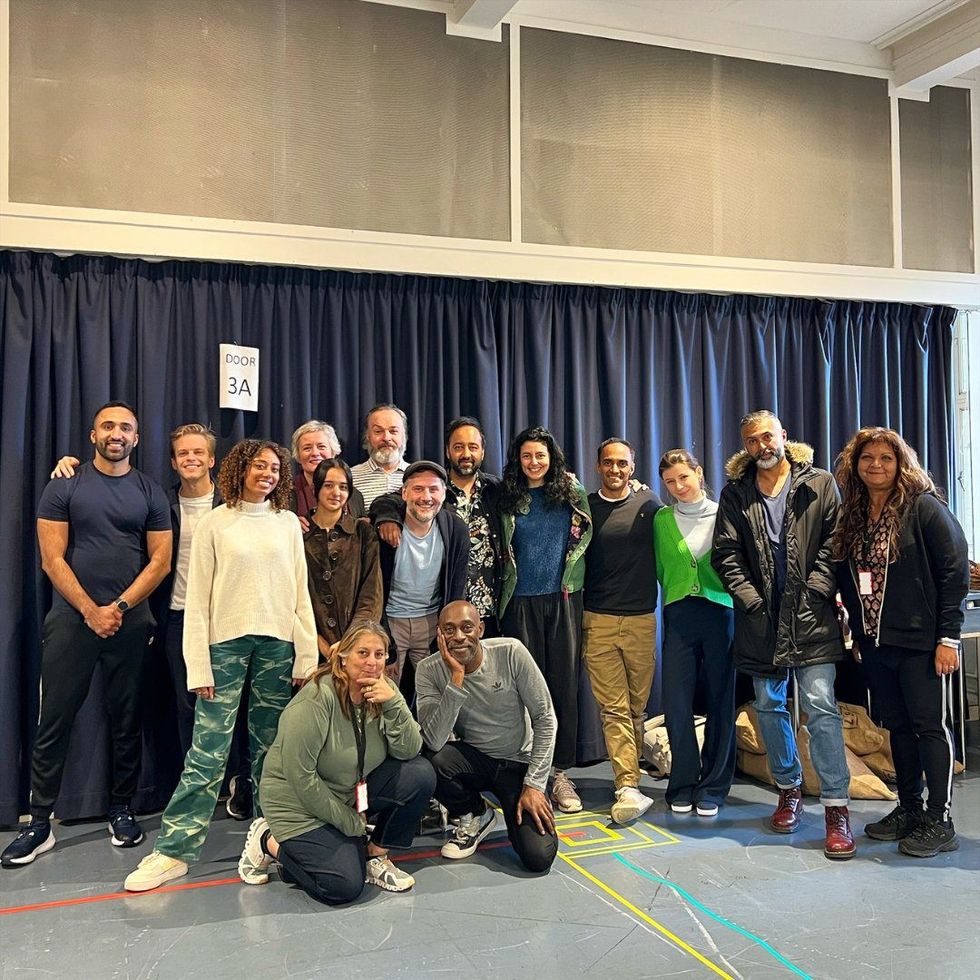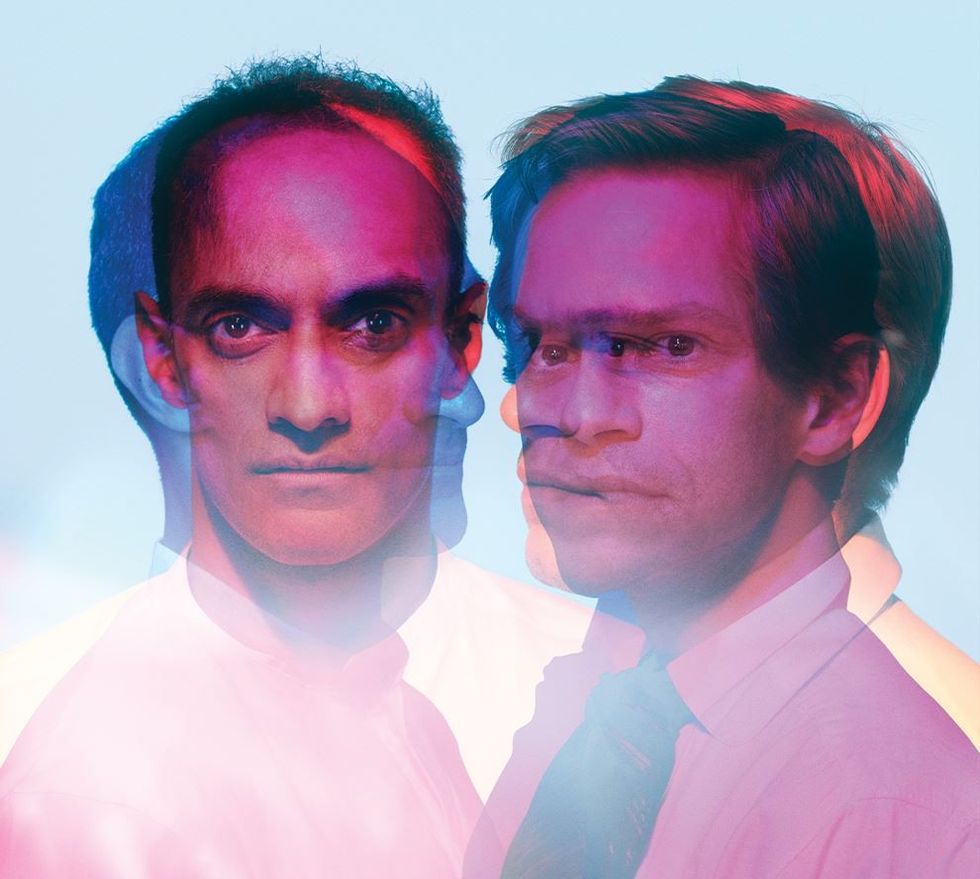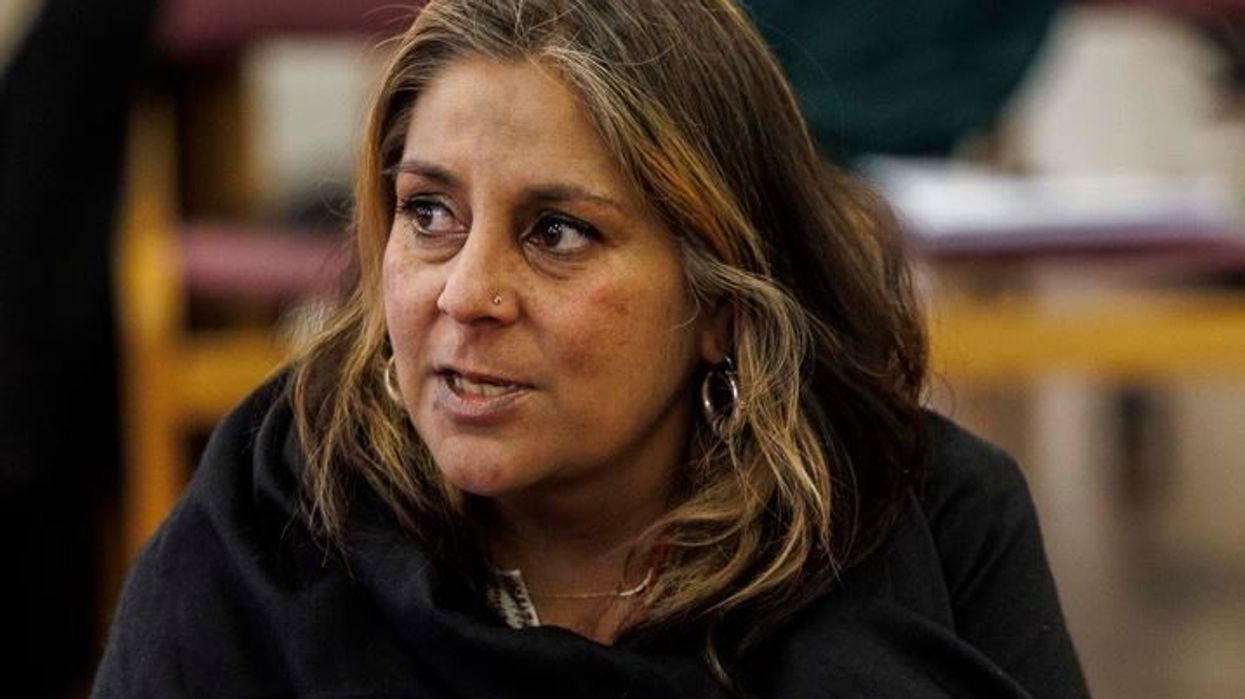CHARLES DICKEN’S classic work, Great Expectations, has been adapted to an Asian setting in a new production to be staged next month at the Royal Exchange Theatre in Manchester.
Pooja Ghai, Tamasha Theatre’s artistic director, will helm a fresh adaptation of playwright Tanika Gupta MBE’s 2011 take on the 19th century, rags-to-riches London-set story, which moves to the British Raj, just ahead of the partition of Bengal.
Speaking to Eastern Eye, Ghai described how the new play will be different from the previous adaptation in its attempt to explore the influence and impact of the British empire on India.
“Dickens wrote this in the late 1800s, and even though he was talking about British society, the way it was behaving was influenced by this imperial system growing around the world,” Ghai said.

A decade ago, Gupta had set the play in colonial Calcutta (now Kolkata), but according to Ghai, that version “wasn’t as brave as this adaptation”.
She said, “We realised that 10 years on, there was so much more to do with this adaptation. And when Tanika read it again, she felt the need to revisit it and put more of her voice in there.
“It (2011 original adaptation) wasn’t as nuanced and definitive. I think it is a reflection of the times we are now in as a society, which is more open to these nuanced conversations.”
The play lays significant emphasis on how farmers in India were forced to grow opium for British traders, the resources that were taken out of the country and the manner in which such practices depleted India’s economy, Ghai, 48, said.
“It is really shocking that we don’t know these stories. We tiptoe around the dark side of empire, but we celebrate the glory. It’s very easy for us to talk about how great it was and the kind of civilization that was brought to the world. But when it comes to the darker side of our colonial history, it has taken a lot of time to unpick those layers and be brave enough to talk about the stuff that is difficult and challenging.”
Great Expectations boasts a 12-strong cast led by Esh Alladi as Pipli, Catherine Russell playing Miss Havisham and Asif Khan (Jagu). One of the characters, Malik (Abel Magwitch in the original book), is from the African community that has been living in Gujarat for thousands of years.
“Within all of this are the subjects of colorism and identity. Even today, we have issues of colorism within our Indian diaspora. There is still some kind of hierarchy of black, white and brown – to put it crudely,” Ghai told Eastern Eye.
The play “touches on all of that”, she said. “I hope it opens all of these conversations. I think it’s important for us to understand this 400-year relationship between Britain and India, and what that means for both countries.”
Ghai added that people in Britain were an integrated yet diverse community and if they supported each other, there was potential for great friendship and greater things.
“But, before that, we really must understand this construct of imperialism and the drain that has happened to India. We don’t really talk about the amount that was taken from the country, so much that it was depleted to nothing.”
As a director, bringing Great Expectations to the stage feels like completing a full circle, said Ghai, who was a part of Gupta’s 2011 adaptation as an actress.
“It kind of completes a full circle. But in a way, it is a brand-new adaptation and I feel very blessed to have got the opportunity to direct it.”
Born in Kenya, Ghai fell in love with theatre at the age of 11 when she acted in her school’s Tom Sawyer play.
“I fell in love with the idea of storytelling and the power it held, both in the rehearsal process and for an audience. But my parents were never ok with me going into the arts. For them, it was a very difficult thing to understand.”
She later moved to England, went to university and set up a drama society where she was producing, directing and acting. “My professional acting career kind of kicked off, but around 2012-2013, I wasn’t satisfied as I wasn’t getting the kind of parts I wanted. I also strongly felt that our voices were under-represented and our stories were getting diluted with toxic stereotypes,” she said.
“For me, somebody who was Indian by heritage and east African by birth, I came from two different British colonies. I knew the impact, but I couldn’t see it in stories anywhere – our stories were being written by our white counterparts [and seen] through a white lens.
“That was when I thought I could not carry on being an actress if I couldn’t even have my own voice. So that is how I moved into directing.”
Great Expectations is the latest in a series of artistic collaborations between Gupta and Ghai which began with Lions And Tigers and most recently included The Empress.
Ghai said of Gupta, “We have got a long-standing collaborative relationship and a great friendship. I love her voice and the world she opens up, so for me, it always feels like a real gift to be able to get inside her stories.
“Tanika is one of the most prolific south Asian playwrights in this country, having a body of work of over 40 plays.” Ghai took over the role of Tamasha’s artistic director in late 2021 with an aim to create a home for a new generation of artists from around the world.

“Tamasha Theatre is a company that has been around for 35 years, but somehow, we are still on the fringes.
“We have been on the same standard funding for the past 13 years. It’s impossible to grow,” she said.
“However, if we can find co-producing partners, where we can share knowledge and resources and grow our visibility, then we can reach more people.”
Tamasha has launched a three-year programme in partnership with regional organisations to rebalance a “Eurocentric approach” to dramaturgy.
“Excellence in theatre is equated to a Eurocentric model of work. However, all plays aren’t necessarily a three-act play or a two-act play,” said Ghai.
“We will be working more on global storytelling, especially Indian and African forms and of different diasporas within that continent. This programme will allow writers to write stories with a global lens.
“As a leader, I can either stay in the narrative or I can try and find my way around it.”
Great Expectations is on at the Royal Exchange Theatre in Manchester from September 8 until October 7.




